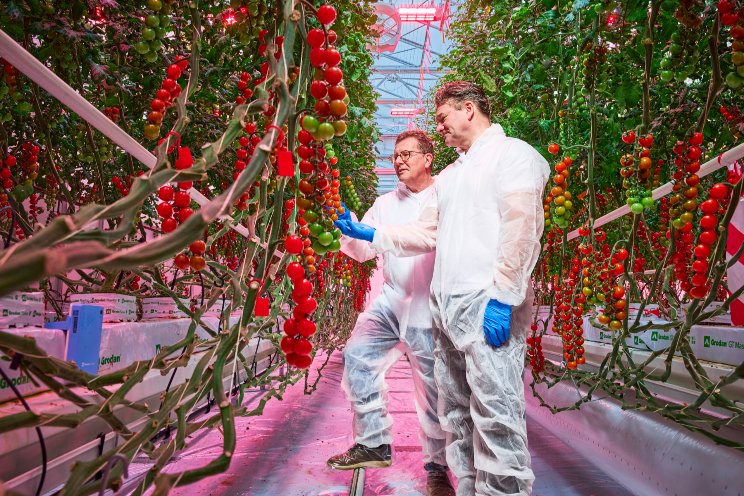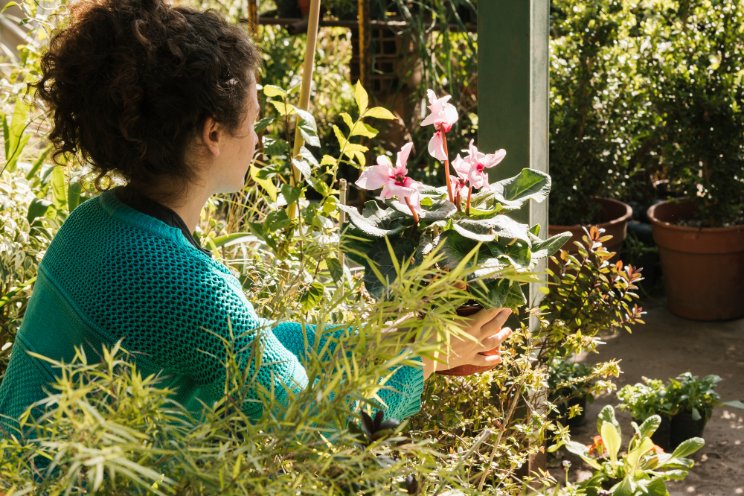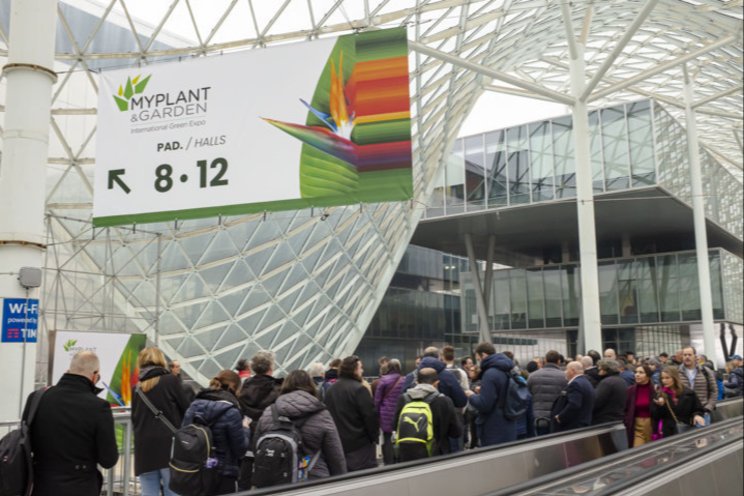Israeli agritech firm battles two global crises
Added on 07 August 2023

One of the biggest challenges in combating climate change is that global hunger and climate change are often inversely correlated – we tackle one problem at the risk of exacerbating the other.
One Israeli agritech company has made it a priority to fight both epidemics at once. Rehovot-based Grace Breeding develops all-natural, biological-based fertilizers that have been proven to boost yields while using only half the amount of nitrogen required by standard fertilizers.
But what’s the benefit of less nitrogen?
Nitrogen is an extremely important chemical common in a wide range of fertilizers that are used across the globe on everything from cereal crops, leafy and root vegetables, fruits, legumes, and more. Nitrogen is crucial for a plant’s growth, as it’s a primary component in proteins, enzymes, and chlorophyll, which translate to larger yields. But nitrogen is also extremely harmful to the environment because it emits greenhouse gases that find their way into soil, air, and even waterways, where they can seriously disrupt aquatic life and create a phenomenon known as dead zones.
The environmental toll nitrogen-based fertilizers take is seen as necessary because they help us feed a growing population. And while this is true, food insecurity is still on the rise across the globe. By only requiring half the amount of nitrogen, Grace Breeding’s alternative bio-fertilizers protect the environment by replacing climate-harming synthetic fertilizers. The bio-fertilizers also protect crops from climate change stressors, such as unusually hot temperatures, while supporting profitable crop production for farmers.
Over the last year, Grace Breeding’s MAOZ bio-fertilizer solution underwent a number of field and greenhouse tests on corn plants in Brazil, showing a 10% bump in yields while using 50% less nitrogen. Eurofins, a leading organization providing testing and support for environment products, led the evaluation efforts behind the MAOZ trials in Brazil (in collaboration with the University of Londrina) and published a report analyzing the potential financial impact.
Image by jcomp on Freepik
More news















